A new agreement will create an open-source software ecosystem to support government technology research and development.



The gut microbiome is an integral component of the body, but its importance in the human aging process is unclear. ISB researchers and their collaborators have identified distinct signatures in the gut microbiome that are associated with either healthy or unhealthy aging trajectories, which in turn predict survival in a population of older individuals. The work is set to be published in the journal Nature Metabolism.
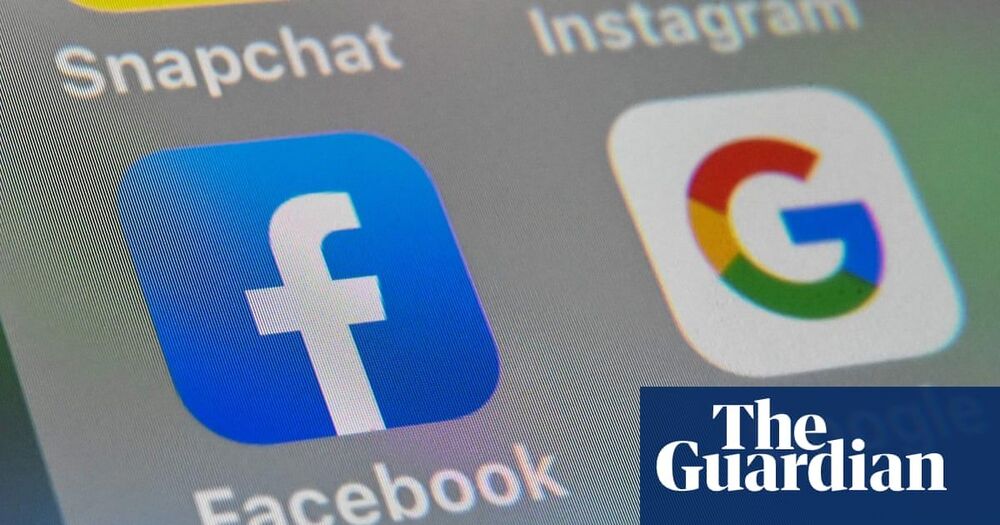
“The Australian parliament is poised to pass a landmark media law that would make Google and Facebook pay news publishers for displaying their content. The Australian law is separate to a deal Facebook made to pay mainstream UK news outlets millions of pounds a year to license their articles, but has a similar motivation. The legislation, which will be debated this week, is designed to support Australian public interest journalism and is backed by all the nation’s media companies, big and small.”
Despite protestations from both companies, the Australian parliament is set to pass legislation it says is needed to boost public interest journalism.
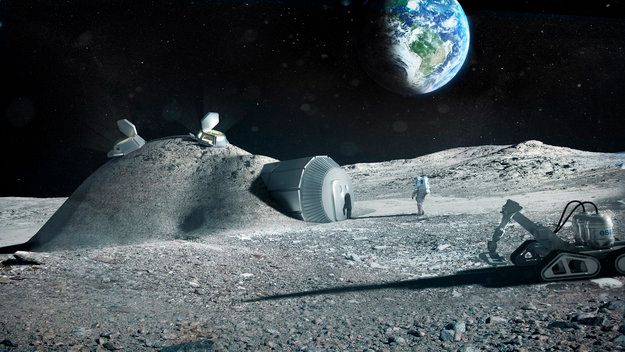
Shouldn’t NASA — National Aeronautics and Space Administration already be building a moon-base with Elon Musk at SpaceX as well as Russia and China? Congress should fund space travel.
RUSSIA and China are joining forces as they prepare to sign a historic deal to build the first moon base after they snubbed the US.
The two countries are to collaborate on the international lunar structure, which was thought up by China — the latest build in the space-race against America.
🚀 Follow our Mars landing live blog for up the minute updates from Perseverance…
The purpose of the International Lunar Research Stations (ILRS), is to create a long-term robotic presence on the Moon by the start of the next decade, before eventually establishing a sustained human presence.
SpaceEngine is a realistic virtual Universe you can explore on your computer. You can travel from star to star, from galaxy to galaxy, landing on any planet, moon, or asteroid with the ability to explore its alien landscape. You can alter the speed of time and observe any celestial phenomena you please. All transitions are completely seamless, and this virtual universe has a size of billions of light-years across and contains trillions upon trillions of planetary systems. The procedural generation is based on real scientific knowledge, so SpaceEngine depicts the universe the way it is thought to be by modern science. Real celestial objects are also present if you want to visit them, including the planets and moons of our Solar system, thousands of nearby stars with newly discovered exoplanets, and thousands of galaxies that are currently known.
A study from the University of Wisconsin-Madison published on September 14 in Science revealed that when a plant is injured, they release a nervous system-like signal throughout their body, similar to the pain response found in humans and other animals.
When a human is injured, sensory cells in our bodies alert our nervous system to release the neurotransmitter glutamate. This stimulates a part of our brain to release adrenaline, which kicks our fight-or-flight response into gear. Plants don’t have nervous systems but video captured by the scientists behind this new study of injured plants shows that they do have their own version of fight-or-flight when they come under attack.
The footage captured by the study’s scientists shows a caterpillar eating away at a plant and the plant’s subsequent response. Because they lack a nervous system, plants don’t have neurotransmitters, but they do still have glutamate. In the video, a plant is bitten by a caterpillar and releases glutamate at the bite site. This activates a calcium wave to rush through the plant’s entire body, which then triggers the plant to release their own stress hormone.
When humans are under attack, our fight-or-flight reaction is triggered — and it turns out the same is true for plants too.
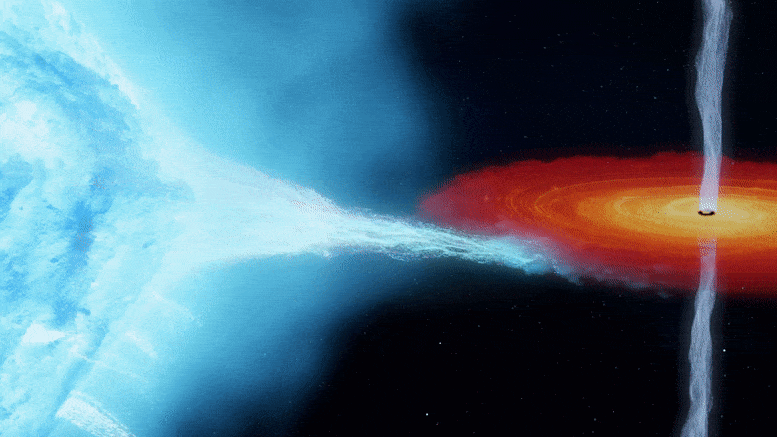
New observations of the first black hole ever detected have led astronomers to question what they know about the Universe’s most mysterious objects.
Published today (February 182021) in the journal Science, the research shows the system known as Cygnus X-1 contains the most massive stellar-mass black hole ever detected without the use of gravitational waves.
Cygnus X-1 is one of the closest black holes to Earth. It was discovered in 1964 when a pair of Geiger counters were carried on board a sub-orbital rocket launched from New Mexico.
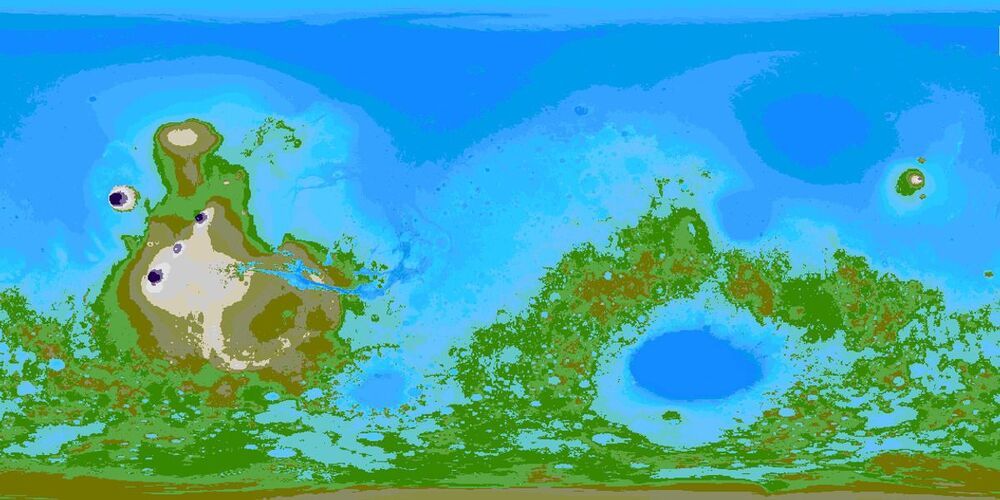
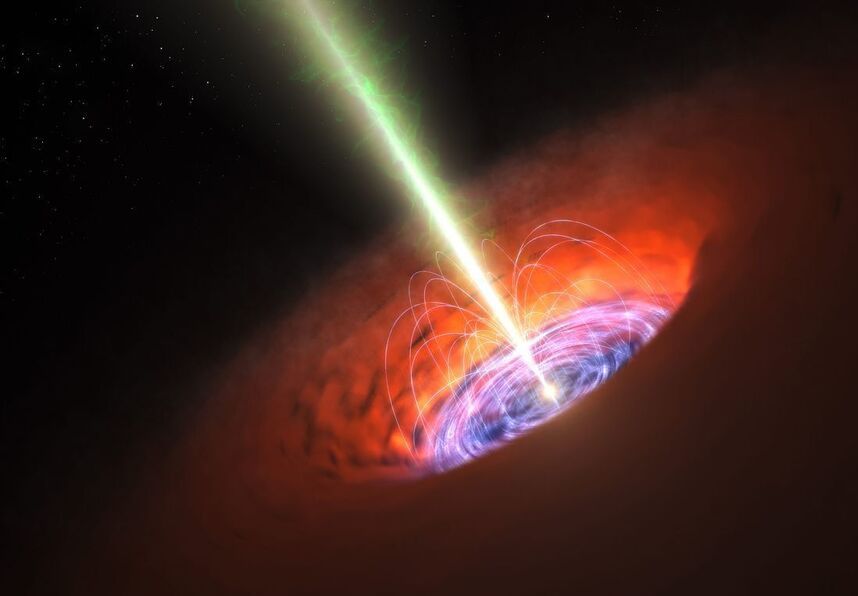
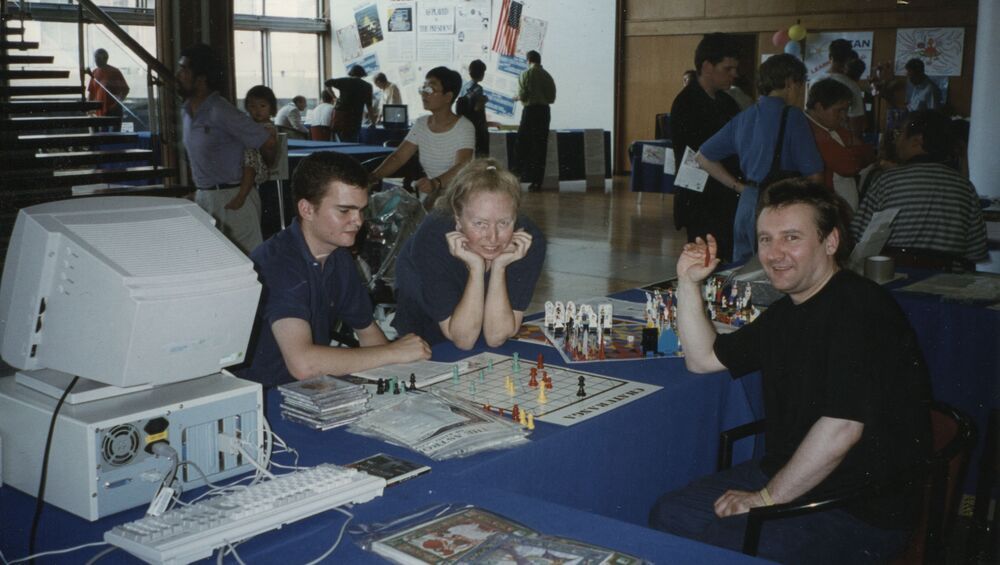
Blog — Bundex Film Archives coming to posthuman university.
As editor, sound engineer and roadie with director Bunny Dexter’s “Bundex Films”, the three of us (Eugene Smith was cameraman) travelled to various parts of the world making political, environmental and quirky documentaries during the first age of digital video. Bunny was also a judge at some international film festivals, and we actually won an award in Poland for one of our films. At NY film school, Bunny’s teacher was Marty Scorsese, who would call at Bunny’s flat sometimes when in London. We made two versions of a 3D hologram of Marty, of which he has one and I the other. After Bunny’s passing I inherited the huge shoulder-harnress digital camera which remains in my garage and has less capability than a modern smartphone, digital tape-decks and lots footage together with all rights, except for the lost Orson Welles tapes matter and story of his aristocratic Sicilian producer. More about this and other films later. I have boxes to sort through, and am sure I have forgotten some projects which will come as a surprise when I rediscover them. Will post at posthuman university side when sorted, this footage give unique insights from a period of very rapid evolution and transformation in film-making.
Documentaries include the Homeless and their Dogs, Gipsy persecution in Hungary, a study of Tattoo’s and Tattoo artists, Momento Mori – a film of an elderly lady after her death, and our pursuit of Cocoa plant agricultural sabotage in Brazil. There is unseen footage from these and other films, and interviews with Bunny before her death which I will edit together. She had an interesting life including appearances in Andy Warhol movies, and early success with a short film with Hollywood beckoning. Woody Allen was in her NY film school class, and many of her friends went on to become big stars, but B was too much of a socialite, and was unable to get her screen plays produced. At least one political biography that I have is very good, I might update it for sub-Hollywood production in the future. Anyway, Bunny had an interesting “career” and was close friends with Yoko & John Lennon from her guerrilla art days, Jimmy Hendrix, also Graham Chapman and some of the Pythons.